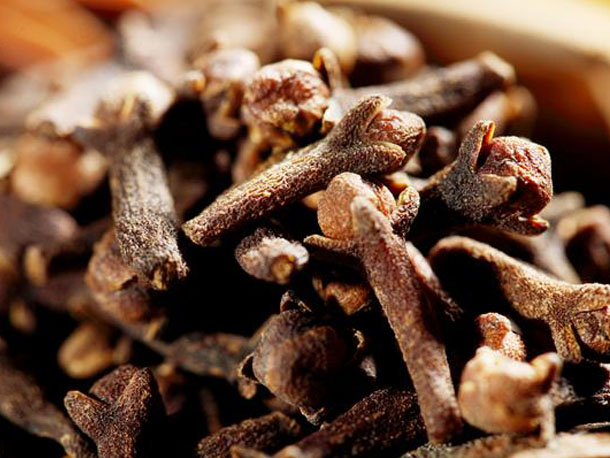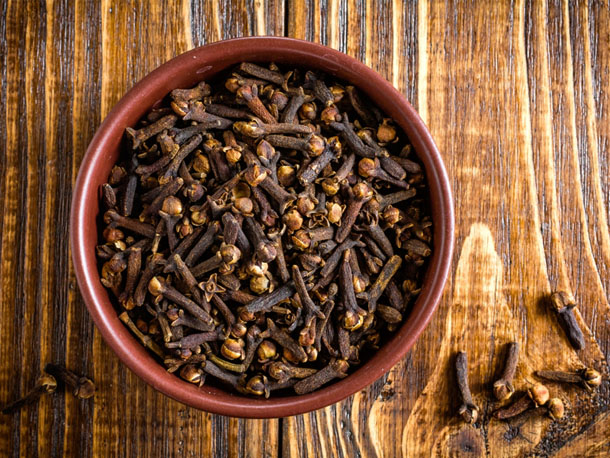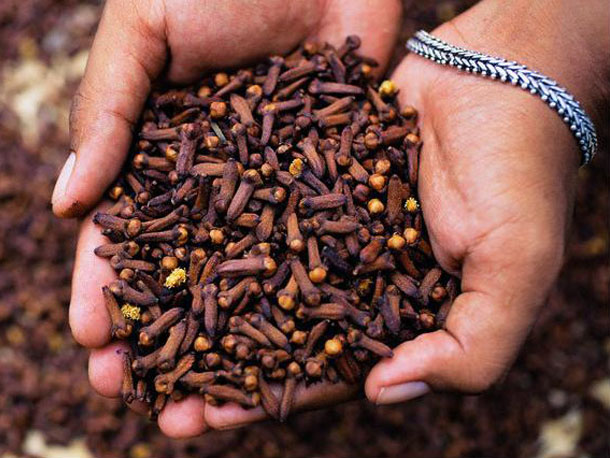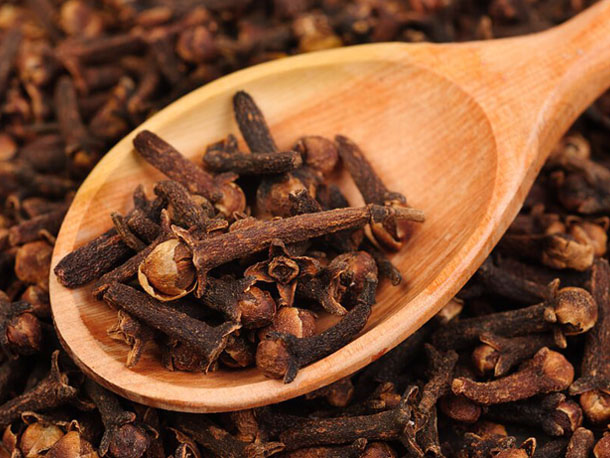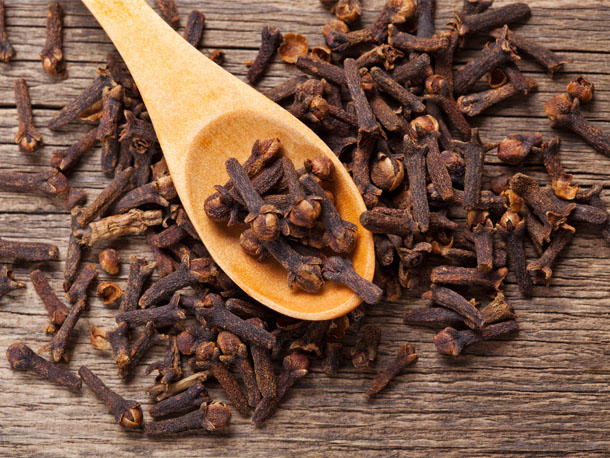Cloves prices settle at levels of more appeal to buyers
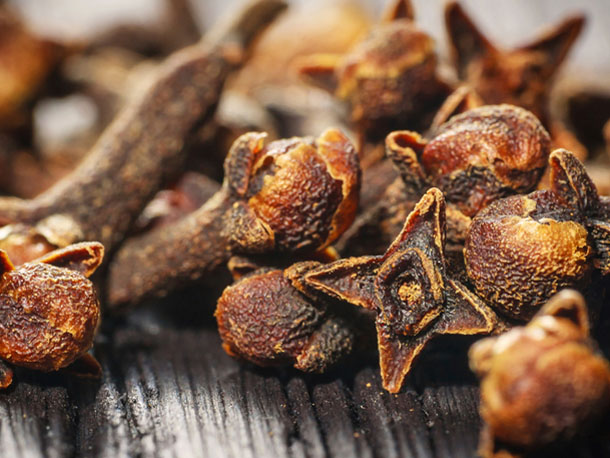
International cloves prices have eased of late partly as a result of a good crop in Indonesia, and now appear to have reached a stable phase.
The recent declines appear to have stimulated improved buying interest.
Emmanuel Nee, head of the ingredients department at Touton, told: “The market was too high and prices have decreased.”
Nee cited a favourable crop in Indonesia as a major factor behind the decrease. In addition, buyers had disappeared when they saw the positive view on supply and a large devaluation in the Indonesian rupiah has been another downward influence.
Nee observed that the fall in Indonesian cloves prices has now come to an end.
This has happened because prices were getting too low and interest is coming back from stockists and cigarette factories. Moreover, Indonesian farmers were getting fed up with losing increasing amounts of money on cloves every day.
“Today, the situation remains more or less stable in Indonesia. Prices are floating in a range of USD7,500-8,000 (per tonne) depending on demand, quality, supplier,” Nee explained.
The most important question to ask about Indonesia now is what the next crop will be like, he suggested. This debate is driven by the fact that El Nino is really strong this year and this is not good for Indonesian products, such as coffee, pepper, cocoa and cloves.
Nee recalled that the last time there was a strong El Nino in 2010, the following year the country’s crop was really bad as the conditions were too dry.
Comoros prices also moved lower
In Comoros, prices have been sliding down following the same trend as in Indonesia after the Anjouan government finally decided to cancel the minimum bush price they had fixed, putting exporters in a real mess with prices much too high compared with the market at this time, Nee observed.
The declines in Comoros cloves values created new demand and prices then stabilised back up at what Nee said he would call “reasonable levels for the whole supply chain”.
However, the availability of cloves is definitely dwindling in Comoros as the crop in this origin was not particularly good, as indicated by Nee since June.
Meanwhile, the crop in Madagascar will open within two weeks.
“It’s a good crop and we were quite happy thinking that competition won’t be the key factor this year in Madagascar, but we were wrong,” Nee remarked.
He explained that he has learnt today that before the crop is officially opened, some outsiders are buying at prices that are 30% over the first intended prices Touton had heard of, for wet qualities “which will most probably turn dark quickly”.
Girish Kumar, business manager of Societe KMLM Commodities SARL, a Tamatave-based exporter of cloves and other agricultural commodities, observed that there have been a lot of rumours about the latest cloves prices from Madagascar but there has not yet been any genuine offer price from the origin. “The market still awaits the opening of the season by the government with the benchmark price to come out,” he added.
Beware of fake offers
Kumar warned that there could be a lot of fake exporters offering lower prices from Madagascar. Buyers should be aware that these are not real prices and they might find that they do not actually receive cloves at these prices.
“To attract buyers these fraudulent sellers simply release a very low rate, take the advance payment and vanish. Every year there are such casualties happening, but still buyers are not learning,” he explained.
Harvesting is continuing in the village areas of Mahanoro, Vatomandra, Fenerive, Soneran, Mananara, Vavatenina, Analajorofo etc. and a decent quantity and quality is expected.
Kumar noted that there are differing views on the overall size of Madagascar’s crop. While some traders and brokers believe that the crop will exceed the 12,000 tonnes estimated for 2014, some of the farmers and planters have raised doubts on this idea. Farmers point out that while at the time of flowering it was a “good catch” in later weeks many of the flowers fell off after rains etc. and the final crop size cannot be determined based on the initial flowering.
“Our view is we need to wait until the end of September or first half of October to have a very clear idea on crop size as well as quality too,” Kumar added.
Nee said Touton will be a large seller of Madagascar cloves this year, once the stock is available. “Our first price idea will be around USD7,500 per tonne fob, I think,” he revealed.
Brazil will then come through with a crop of around 3,500 tonnes “of Brazilian quality”, Nee added.
He suggested that the pricing down trend is almost finished, with the market tending to stabilise around USD7,500/tonne, although prices could increase slightly by the end of the year if Indonesia comes back to the market.
“What is very clear, to us and to a few of our customers, is that lower levels have been bringing customers back to the market almost everywhere and we may hope that demand will be quite steady over the coming months,” Nee added.
He dismissed any suggestion that the economic downturn in China could adversely impact demand from this source.
“I don’t think so if I look what Chinese guys are doing in both Comoros and Madagascar. Prices for cloves have seriously came down, it must help. In addition, they are quite used to shipping bush cloves and finalising the products in China, which makes the cost price even lower,” Nee remarked.
He noted that as he has felt for a long time, stocks are very low in western countries as well as in India and will have to be “rebuilt”.
“The big risk is that the guys in Madagascar will fall again into a speculative dream and play the same game as they are currently doing with vanilla,” Nee concluded.

